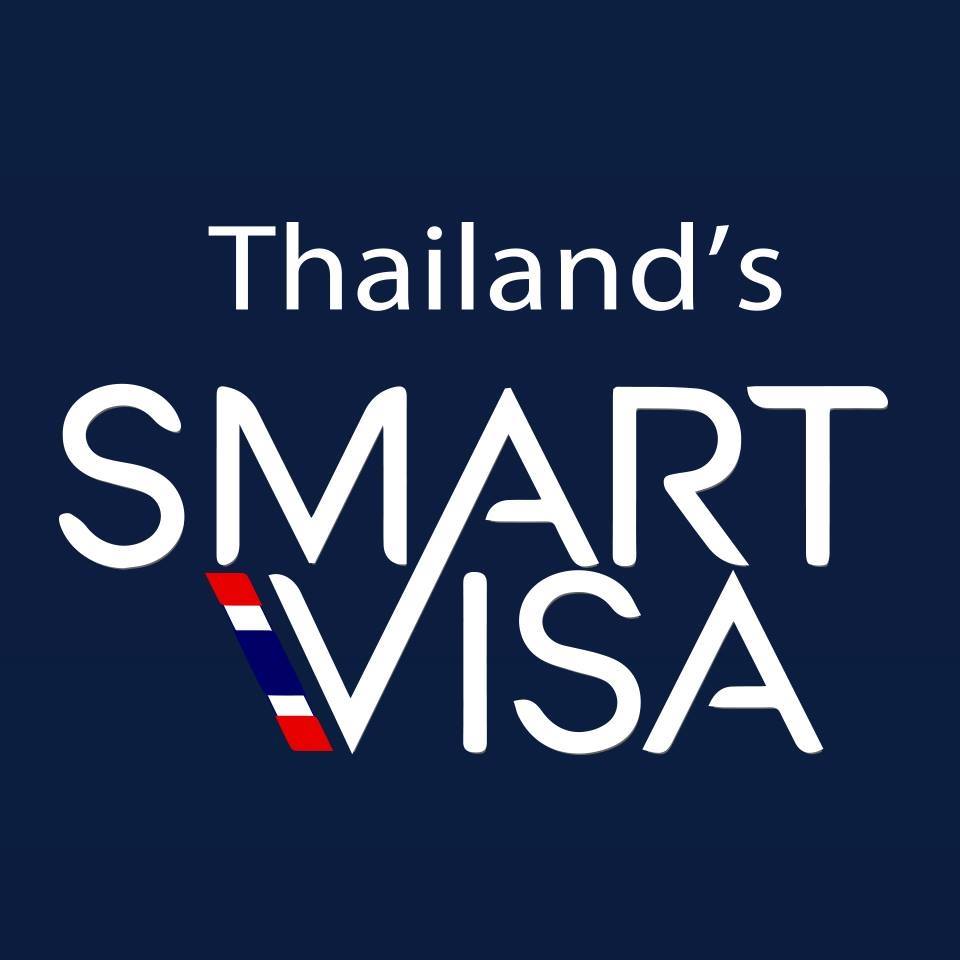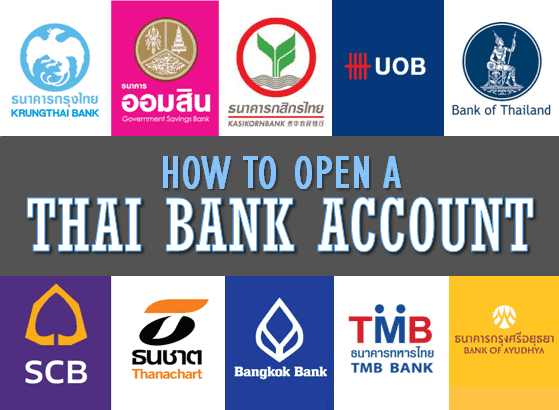Thailand has emerged as a vibrant hub for business and innovation in Southeast Asia. With a rapidly growing startup ecosystem, advanced infrastructure, and a strategic location in the heart of Asia, the country is increasingly attracting foreign investors and entrepreneurs. However, navigating Thai immigration regulations can be complex, especially when it comes to long-term stays and investment-related visas. Two of the most attractive options for foreign investors are the Smart Visa for Entrepreneurs and Investors and the Business Visa (Non-Immigrant B). This article provides an in-depth guide to these visas, their benefits, eligibility requirements, and how they can help you establish or grow your presence in Thailand.
1. The Smart Visa: A Gateway for Entrepreneurs and Investors
The Smart Visa is designed specifically to attract highly skilled professionals, investors, and entrepreneurs to Thailand’s innovation and technology sectors. It is particularly suitable for those investing in technology, startups, and other targeted industries. One of its main advantages is that it allows a 4-year stay in Thailand without the need for a separate work permit, making it a highly convenient option for digital entrepreneurs and investors.
Benefits of the Smart Visa
Extended Stay Without Work Permit
Unlike traditional work visas, the Smart Visa allows investors and entrepreneurs to live and work in Thailand legally without needing a separate employment authorization. This makes relocation and business operations far simpler and more flexible.Focus on Innovation and Technology
The visa targets investors and entrepreneurs involved in innovative sectors such as technology startups, advanced research, and high-value property development projects that support tech industries.Family Inclusion
Dependents of the main visa holder, including a spouse and children under 20, can also receive accompanying visas, allowing the whole family to live in Thailand legally.Simplified Procedures for Long-Term Investors
The visa is intended to encourage longer-term investment and business engagement. With a four-year duration, it reduces the hassle of yearly visa renewals, which is a common challenge for foreign entrepreneurs in Thailand.
Eligibility Criteria
To qualify for the Smart Visa, foreign investors must meet specific criteria, such as:
Investing in an innovative Thai company, particularly in technology-driven sectors.
Making significant financial contributions to targeted industries, which could include high-tech manufacturing, software development, or research-driven projects.
Demonstrating that their investment will have a positive impact on the Thai economy.
Although the Smart Visa is less common than traditional business visas, it is ideal for digital entrepreneurs, tech startups, and investors aiming to relocate to Thailand with minimal bureaucratic hurdles.
2. The Business Visa (Non-Immigrant B): A Traditional Route for Investors
The Business Visa (Non-Immigrant B) remains the most widely used visa for foreigners looking to establish or invest in a business in Thailand. While it requires more administrative steps than the Smart Visa, it provides a clear legal framework for those actively involved in Thai corporate activities.
Benefits of the Business Visa
Business Operations
The Non-Immigrant B visa allows foreign investors to legally operate or manage a company in Thailand, making it ideal for those seeking to actively run their business.Investment Flexibility
This visa can be combined with property investments through a corporate structure, providing opportunities for real estate-related ventures alongside other business activities.Pathway to Work Permits
While the Non-Immigrant B visa itself does not replace a work permit, it serves as the foundation for applying for a work permit, allowing you to legally employ yourself or other foreigners in your Thai company.
Eligibility Criteria
Eligibility for a Business Visa generally involves:
Establishing or investing in a Thai-registered company, which typically requires a minimum number of Thai shareholders depending on the business type.
Demonstrating sufficient capital investment, often around 2 million Thai Baht or more, depending on the business structure and industry.
Showing proof of business operations, such as office rental agreements, tax registration, and a clear business plan.
Because of these requirements, legal planning is critical to ensure compliance with Thai corporate and immigration law. Combining a business visa with property investments can be beneficial, but it must be structured carefully to avoid complications.
3. Comparing the Smart Visa and Business Visa
To help you decide which visa is more suitable, here’s a quick comparison:
| Feature | Smart Visa | Business Visa (Non-Immigrant B) |
|---|---|---|
| Duration | Up to 4 years | 1 year (renewable) |
| Work Permit | Not required | Required for employment |
| Target Applicants | Investors, entrepreneurs, skilled professionals in tech and innovation | Foreign investors or company directors |
| Family Inclusion | Yes | Yes, but requires additional applications |
| Investment Focus | Innovative companies, tech startups, targeted industries | Broad business activities, including property and corporate investments |
| Administrative Complexity | Moderate | Higher due to work permit and company compliance |
The Smart Visa is ideal for those focused on tech-driven ventures and seeking minimal bureaucracy, whereas the Business Visa is a solid choice for traditional business operations, especially for investors with property or broader commercial interests.
4. Strategic Considerations for Foreign Investors
When deciding between the Smart Visa and the Business Visa, consider these factors:
Business Nature
If your company is tech-focused, innovative, or research-driven, the Smart Visa is more advantageous. For broader business operations or property investment, the Business Visa is more suitable.Long-Term Residency
The Smart Visa offers a longer stay with fewer renewals, which can be convenient for entrepreneurs relocating to Thailand with their families.Legal and Tax Planning
Both visas require careful attention to Thai corporate law, tax obligations, and compliance requirements. Investors should consult a local legal or financial advisor to structure their investments optimally.Family Considerations
Both visas allow dependents to accompany the main applicant, but the Smart Visa offers more streamlined procedures for family members.
5. Conclusion
Thailand offers exciting opportunities for foreign investors and entrepreneurs, but choosing the right visa is crucial for long-term success. The Smart Visa is perfect for tech-focused entrepreneurs and investors seeking a 4-year stay without the need for a work permit, while the Business Visa (Non-Immigrant B) provides a robust legal framework for those establishing or investing in a broader range of business activities.
Careful planning, an understanding of eligibility requirements, and attention to Thai corporate regulations are essential to making the most of these opportunities. Whether you are a digital entrepreneur aiming to launch a startup in Bangkok, an investor in innovative property developments, or a business owner looking to expand in Southeast Asia, Thailand’s visa options provide a clear pathway to establishing a successful presence in the country.
With the right guidance, both the Smart Visa and the Business Visa can open the door to long-term investment, family relocation, and thriving business operations in Thailand’s dynamic economy.




